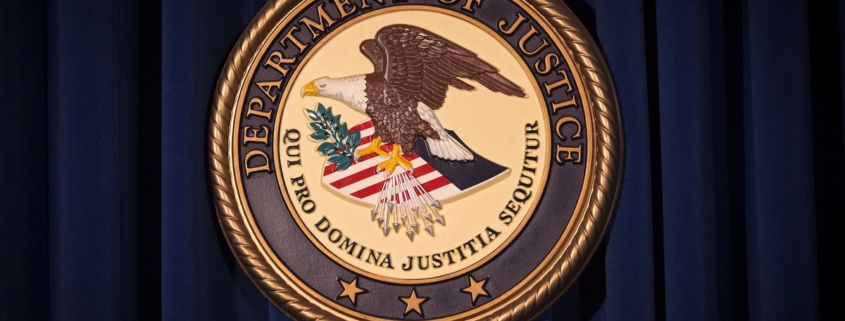Meta Ventures into Virtual Currency with “Zuck Bucks”; Sky Mavis Raises $150m Following DeFi Hack

In today’s ExchangeWire news digest: Meta ventures into virtual currency with the development of “Zuck Bucks” and NFTs; Sky Mavis raises USD$150m (£114.7m) just weeks after losing USD$615m (£469m) to crypto hackers; and JD.com founder, Richard Liu, steps down as its chief executive.
Meta explores creating virtual “Zuck Bucks”
Facebook-parent Meta has outlined plans to introduce virtual currency and lending services to its apps. Led by founder and chief executive, Mark Zuckerberg, the company, which also owns Instagram and Whatsapp, is venturing into alternative revenue streams and features to bolster its digital presence. The move comes just months after the collapse of Facebook’s project to launch a cryptocurrency, which had been developed over a period of almost 3 years.
Meta Financial Technologies, the financial arm of Facebook, has been looking into the potential creation of a virtual currency for use in the metaverse. Referred to as “Zuck Bucks” by employees, the currency is unlikely to be blockchain based and will instead take the form of in-app tokens similar to those used in gaming apps, reports the Financial Times.
Meta is also believed to be exploring the creation of “social tokens” or “reputation tokens” to reward users on the platform, in addition to developing “creator coins”, which could be associated with influencers and notable content creators on Instagram.
Aside from its ventures into virtual currency, Meta is also reportedly in the very early stages of exploring traditional financial services, such as helping to provide small business loans at attractive rates. The company’s plans to integrate non-fungible tokens (NFTs) into its apps are said to be more developed, with Mark Zuckerberg confirming that Instagram would soon support NFTs, and an internal memo from Meta outlining a pilot to share and post NFTs on Facebook to launch in May this year.
Meta’s drive towards virtual currency follows months of legal troubles and uncertainty for the big tech giant. In February, Meta lost over USD£220bn (£168.2bn) of its market valuation following the news that users were leaving its apps for competitor platforms, such as short-form video app…



